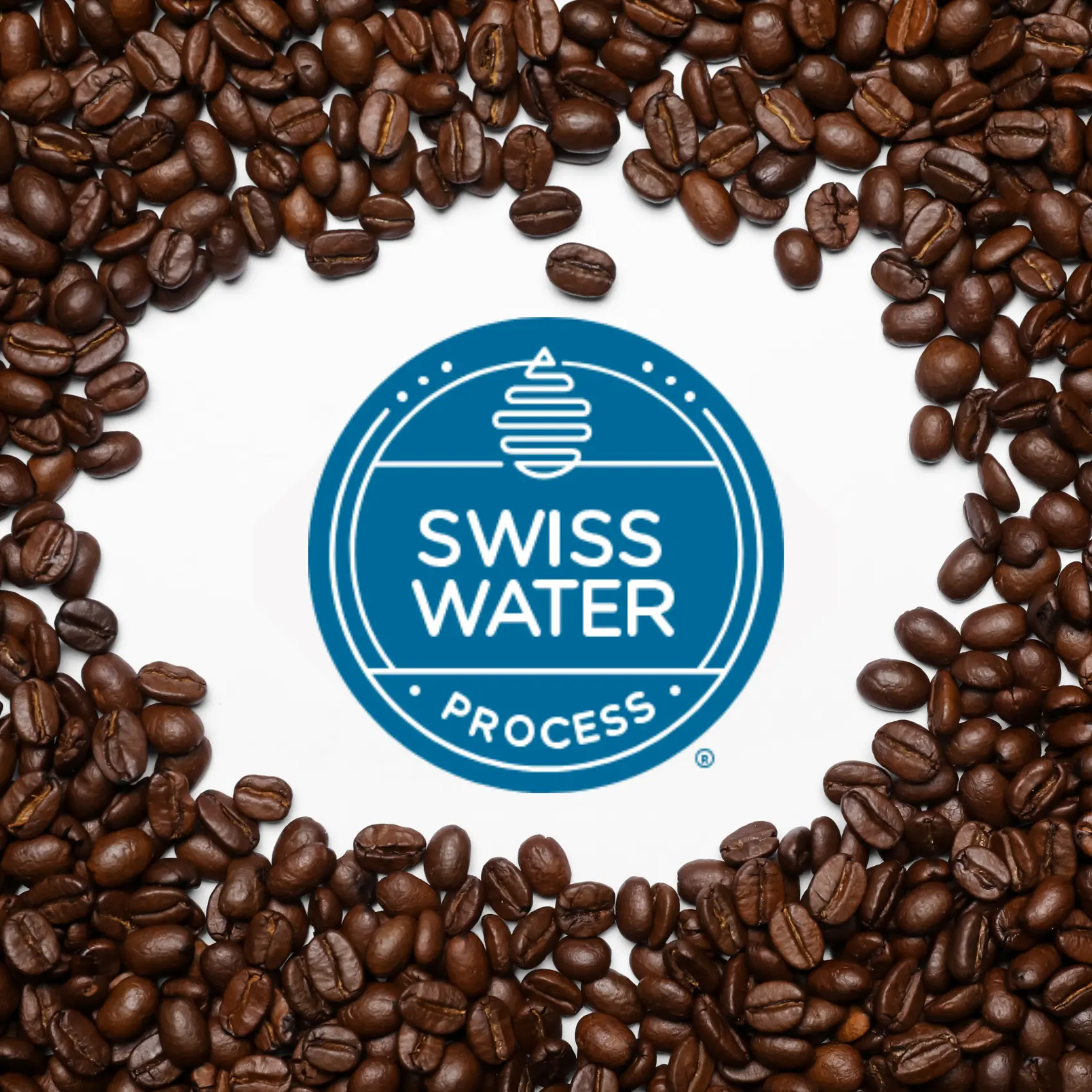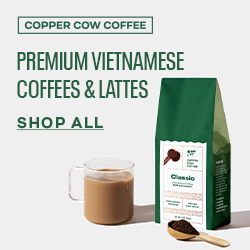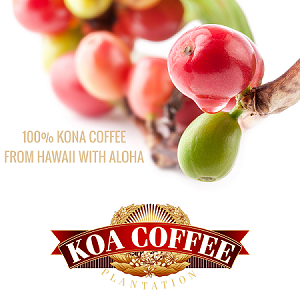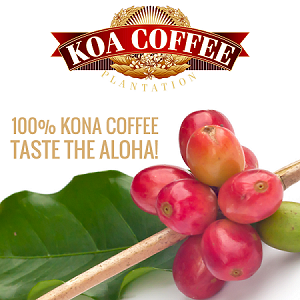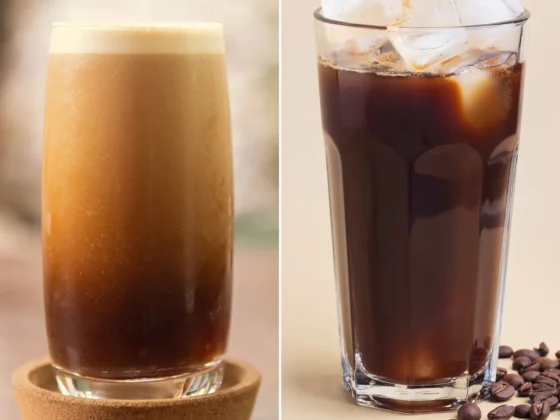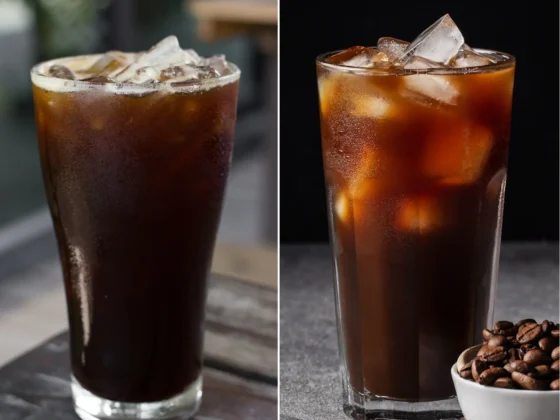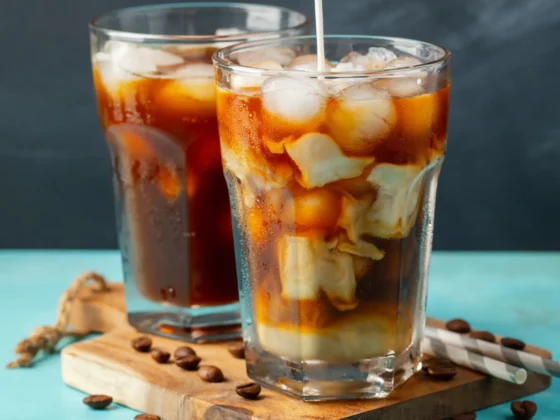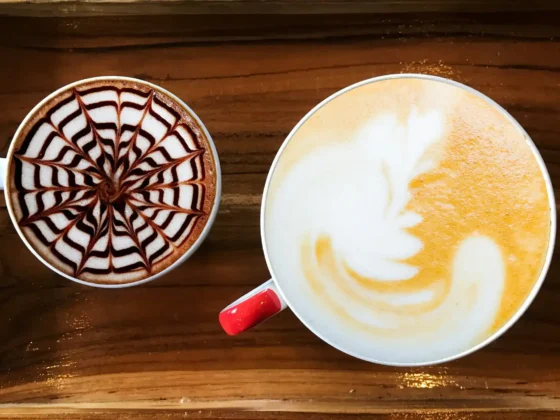In the competitive world of coffee, finding a decaf blend that retains both quality and flavor is no small feat. As coffee connoisseurs increasingly turn towards healthier alternatives without compromising on taste, the Swiss Water Process has emerged as a frontrunner in this space. This unique decaffeination method stands out for its commitment to both environmental sustainability and flavor integrity.
Esteemed brands like Sumatra Mandheling Dark Roast Decaf Coffee and Organic Sumatra Swiss Water Decaf by Fresh Roasted Coffee LLC are just some of the names-making waves with this technique. With its fascinating evolution from its early inconsistent days in the 1980s to a process that now consistently yields 99.9% caffeine-free coffee without sacrificing taste, Swiss Water Decaf Coffee is redefining what it means to enjoy a cup of joe—minus the jitters.
Swiss Water Decaf Coffee: Key Takeaway
- Chemical-Free Decaffeination: Swiss Water decaf coffee offers a unique decaffeination method, free from chemicals, ensuring a purer taste and health-conscious approach.
- Health Benefits: Beyond the absence of caffeine, Swiss Water decaf coffee retains vital antioxidants and polyphenols, which contribute to reduced risks of diseases like Type 2 diabetes and offer cognitive enhancements.
- Eco-Friendly & Ethical: The Swiss Water process champions environmental responsibility, minimizes waste, and supports fair trade and sustainable sourcing, leading the way in ethical coffee consumption.
- Brewing Versatility: Swiss Water decaf coffee adapts well to various brewing methods, from the coarse grind of the French press to the precision of pour-over, ensuring a tailored cup for every palate.
- Quality & Flavor Retention: Despite the removal of caffeine, Swiss Water decaf coffee maintains the richness and depth of flavor characteristic of its caffeinated counterparts, proving that decaf doesn’t mean a compromise on taste.
Best Swiss Water Process Decaf Coffee Brands
In the realm of coffee, not all decafs are created equal. Discerning coffee enthusiasts who seek the full-bodied flavor of their regular brew but without the caffeine often turn to Swiss Water Process decaffeinated options. In our meticulous quest to find the best of these, we’ve put several noteworthy brands under the microscope. From the robust Sumatra Mandheling Dark Roast Decaf Coffee to the Organic Sumatra Swiss Water Decaf by Fresh Roasted Coffee LLC, the quality is astonishing. Stay tuned as we explore the unique attributes that make these brands exceptional choices for the discerning decaf drinker.
Sumatra Mandheling Dark Roast Decaf Coffee
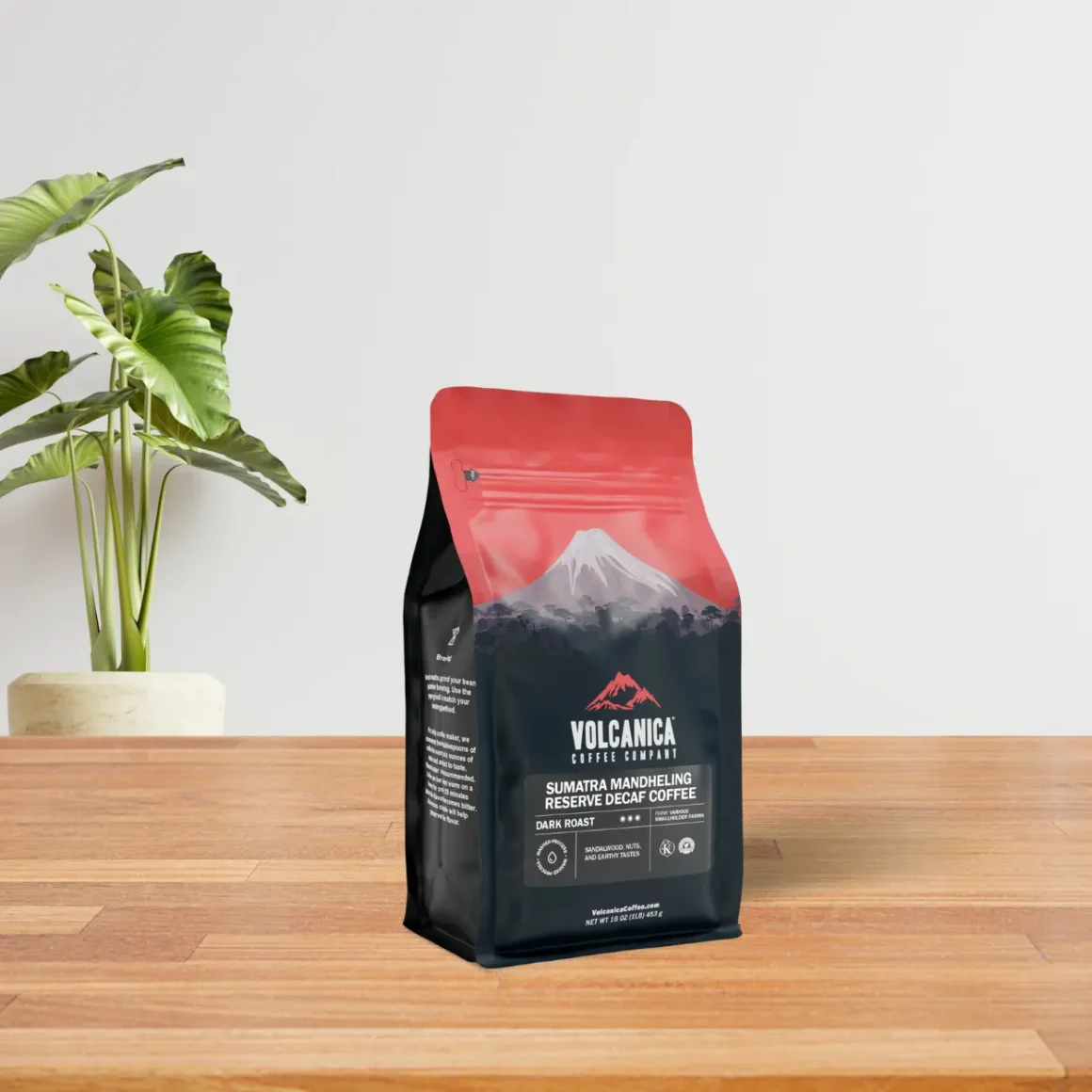
For the discerning decaf drinker who refuses to compromise on flavor, Sumatra Mandheling Dark Roast Decaf Coffee is a taste revelation. In the realm of decaffeinated coffee, this offering is akin to a rare gem—resplendent and valuable. Here’s why this coffee brand should be your go-to choice:
- Single Origin Integrity: A high-quality coffee sourced from various smallholder farms in Indonesia, it takes “single-origin” to a new level. You’re not just getting a coffee; you’re getting a tour of Indonesian soil, sunshine, and artisan craftsmanship in each sip.
- Certified Kosher: This blend isn’t just remarkable in flavor; it’s also Kosher certified. This assures you that it has been produced and packaged under the strictest standards, adding an extra layer of trustworthiness to your cup.
- Decaffeination Methodology: Using the Swiss Water Process, this coffee is 99.9% caffeine-free. Unlike other brands, it keeps the integrity of the coffee’s original flavors, steering clear of chemical solvents like Methylene Chloride or Ethyl Acetate. (1)
- Low-Acid Profile: With a pH of 5.3, the coffee has a lower acidity level. This makes it ideal for coffee lovers with sensitive stomachs, without compromising on the richness or complexity of the coffee.
- Unmistakable Flavor Notes: You will taste the earthiness, the whispers of sandalwood, and the nuance of nuts. Such a flavor profile is nothing short of an opera of the senses, making each cup a memorable experience.
This Sumatra Mandheling blend is a masterclass in how decaf coffee should be—delicious, ethical, and complex. When you choose this coffee, you’re not only opting for caffeine-free goodness but also a cultural journey to the Indonesian highlands, where quality and tradition converge.
Organic Sumatra Swiss Water Decaf by Fresh Roasted Coffee LLC
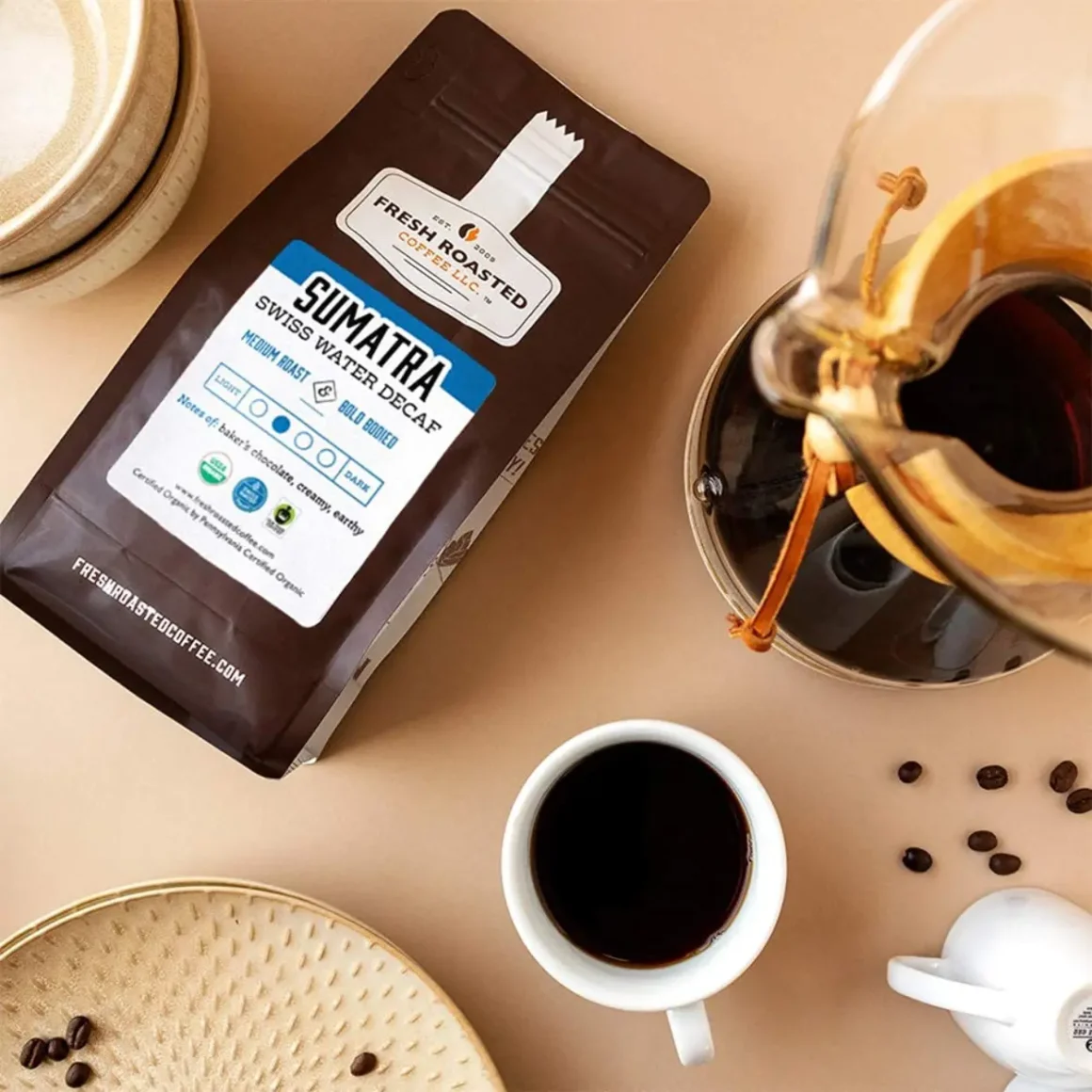
If you consider yourself a coffee connoisseur who values ethical sourcing and organic practices, Organic Sumatra Swiss Water Decaf by Fresh Roasted Coffee LLC is the blend you’ve been waiting for. This is not just coffee; it’s a commitment to quality, sustainability, and flavor.
- Fair Trade and Organic: This coffee is not just Fair Trade but also certified organic. The assurance that farmers are fairly compensated and that no harmful chemicals touch your coffee adds an additional layer of pleasure to every cup.
- Sustainable Agriculture: Produced by a small group of Gayonese farmers who practice organic farming, they use the recycled coffee pulp as a primary fertilizer. Even the animals are fed the leaves that shade the coffee plants. This brand demonstrates a commitment to creating a synergistic ecosystem.
- Shade-Grown Quality: This detail might seem small, but it’s monumental in flavor impact. Shade-grown coffee cherries take longer to mature, resulting in richer and more complex flavors.
- Chemical-Free Decaffeination: Like the best in its class, this coffee also utilizes the Swiss Water Process. This ensures that the caffeine is gone, but every bit of the rich, earthy, and chocolaty flavor remains.
Fresh Roasted Coffee Organic Sumatra Swiss Water Decaf offers a cup that is as kind to your palate as it is to the planet. This isn’t merely a decaf option; it’s a flavor-packed, guilt-free experience that encapsulates the rich biodiversity of Sumatra coffee.
Black Ink Coffee Company Swiss Water Decaf
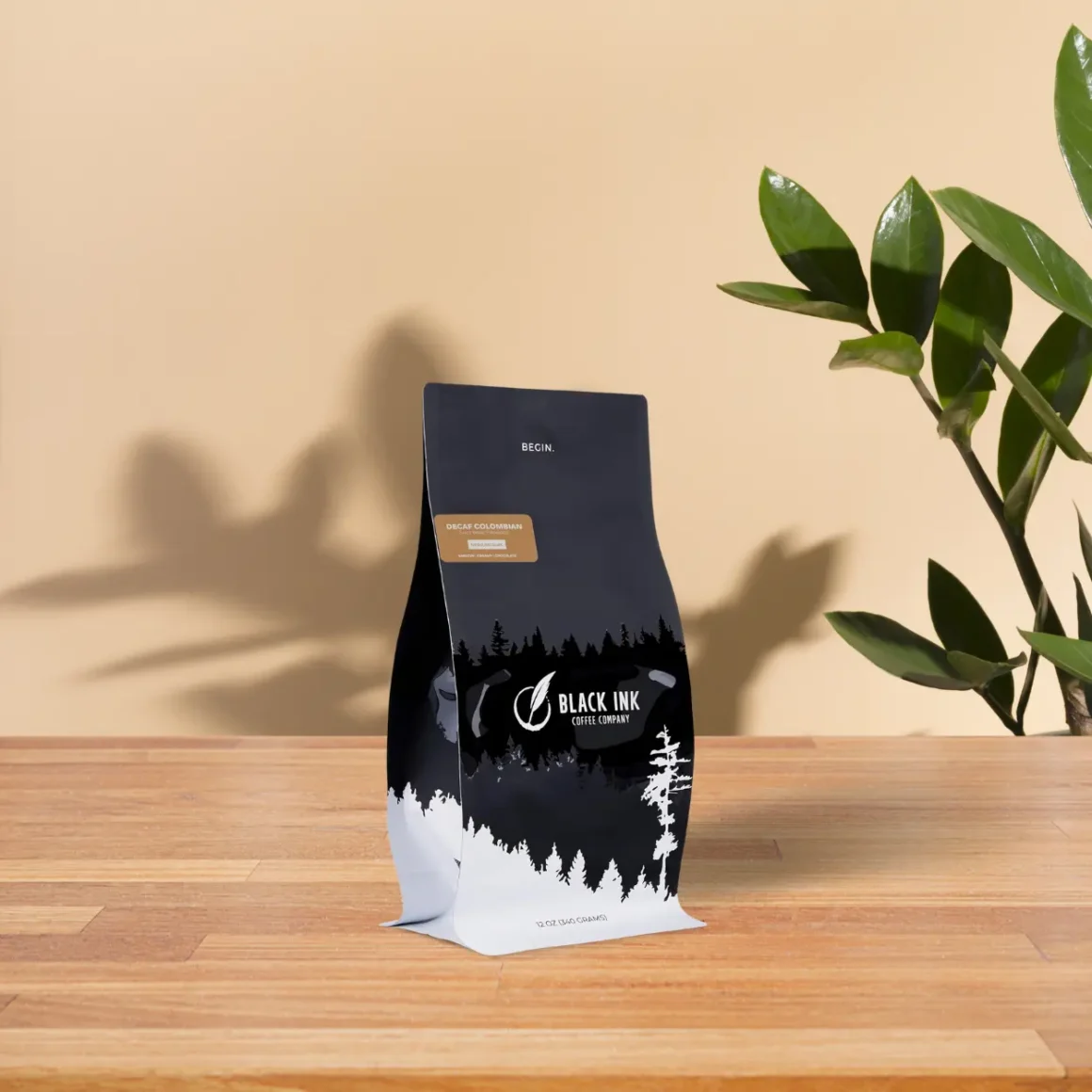
If you’re the kind of person who chases dreams as passionately as you savor your coffee, Black Ink Coffee Company’s Swiss Water Decaf is what you’ve been searching for. Engineered for the achievers, the go-getters, and the dream-chasers, here’s why this brand is unparalleled:
- Medium/Dark Roast: With a medium to dark roast profile, this coffee achieves a balanced taste that’s both bold and smooth, with very low acidity—ideal for those with discerning palates.
- Swiss Water Decaf: Forget the idea that decaf coffee lacks flavor. The Swiss Water Process ensures you’re losing only the caffeine, not the character or the rich, creamy, and chocolaty flavor notes that define this blend.
- Purposeful Branding: This isn’t just a coffee; it’s a statement. Designed for entrepreneurs, risk-takers, and dreamers, the brand ethos perfectly complements those who want to ‘fuel their grind.’
- Full-Bodied Flavor: The creamy, dark chocolate, and smooth flavor profile is so robust that it defies the ‘decaf’ label. You’re not sacrificing taste when you choose this coffee; you’re choosing to embrace a fuller flavor spectrum.
Black Ink Coffee Company Swiss Water Decaf is more than just coffee; it’s a lifestyle choice. When you sip this coffee, you’re not only enjoying a superbly crafted blend but also making a statement that you won’t compromise on quality—even if you’re cutting out the caffeine.
Kicking Horse Coffee Decaf
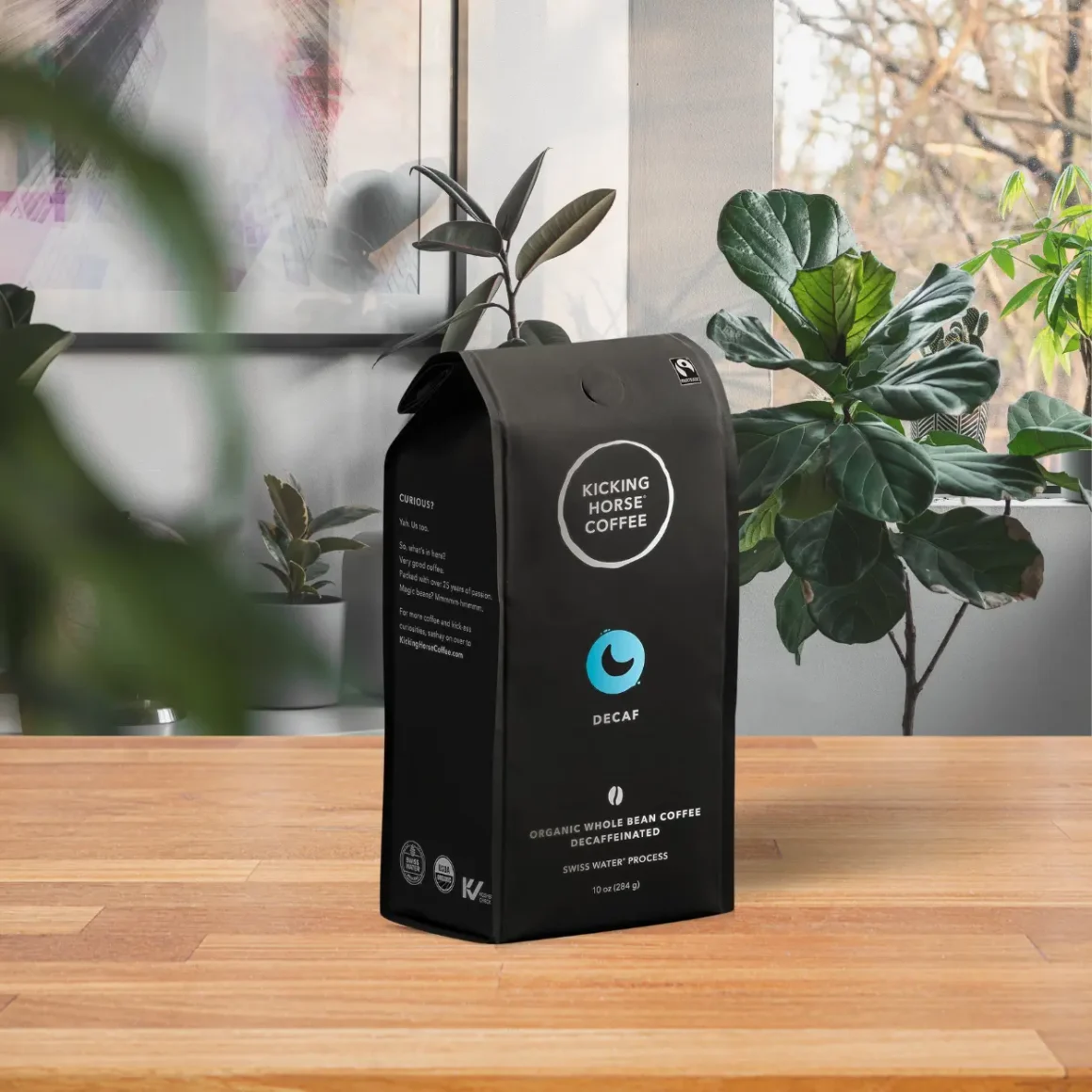
When the caffeine needs to be low but the flavor demands to be high, Kicking Horse Coffee Decaf is your indisputable choice. This Canadian brand has established itself as a game-changer in the realm of decaf coffee, proving that a cup can be ethically sourced, intensely flavored, and yet free of caffeine.
- Ethical Sourcing: Originating from Central & South America, the beans are not just about flavor; they are a testament to socially and environmentally responsible farming. This ensures that each cup you drink supports sustainable business practices.
- The Swiss Water Decaf Process: The decaffeination method employed here is the Swiss Water Process, offering you a cup that is 100% devoid of caffeine but not of its rich, dark, and soulful flavor.
- Full Flavor Profile: Tasting notes that sing of roasted hazelnuts and chocolate, balanced by a long-lasting finish. This isn’t just coffee; this is an experience curated for your senses, whether you brew it through a French press, drip machine, or even as an espresso.
- Certifications Galore: 100% Organic, Fairtrade, and Kosher. But it’s also shade-grown Arabica coffee, which implies that the beans are grown under a natural forest canopy, translating to richer flavors and more sustainable farming practices.
- Roasted in the Rockies: The roasting takes place in the awe-inspiring setting of the Canadian Rocky Mountains. It’s a final poetic touch to a bean that is already bursting with character.
Choosing Kicking Horse Coffee Decaf means not just settling for a caffeine-free alternative but actually opting for a rich, luxurious coffee experience. With its intricate balance of ethical considerations and bold flavors, it stands head and shoulders above the typical decaf offerings.
Counter Culture Coffee Slow Motion Decaf
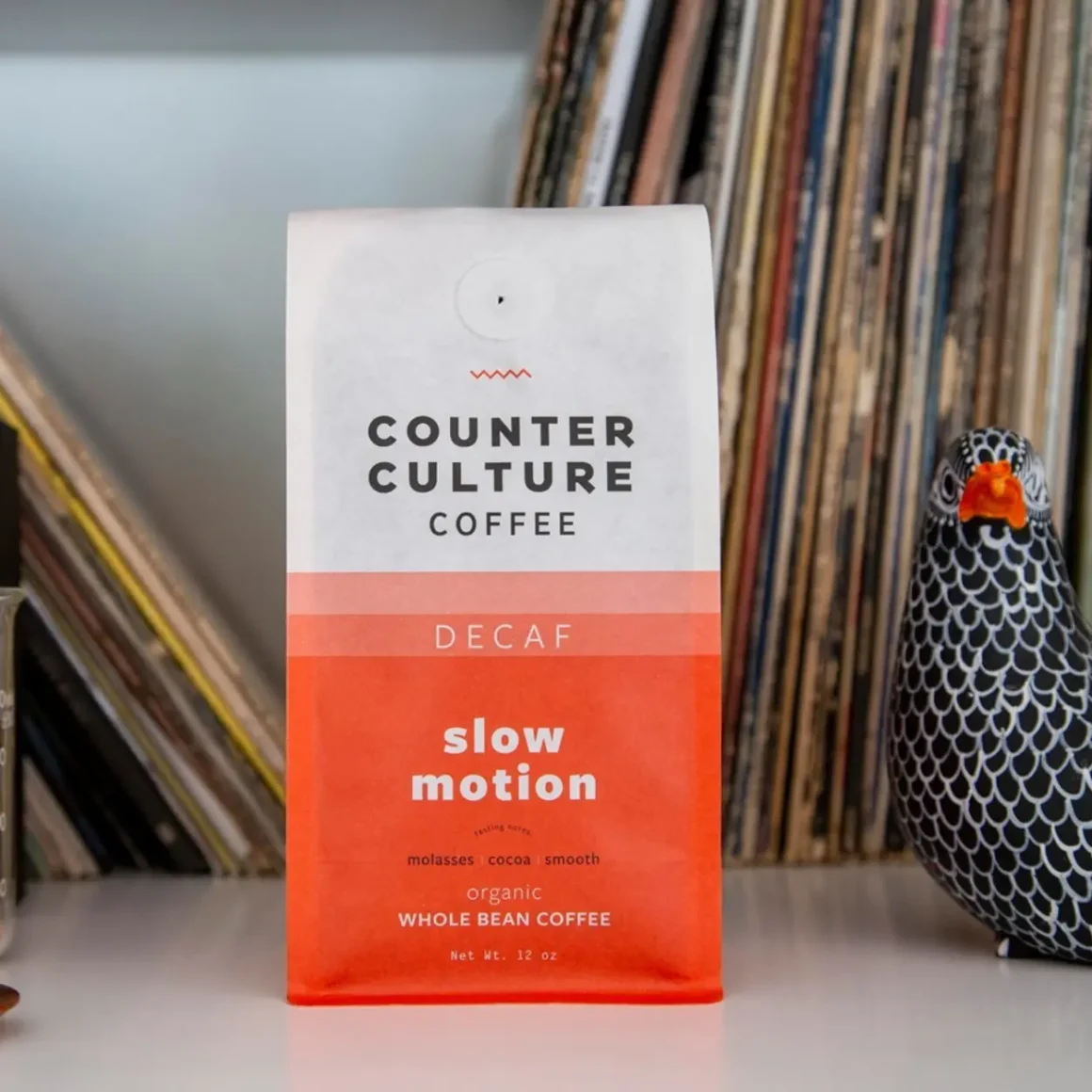
| Preview | Product | |
|---|---|---|

|
Counter Culture Coffee Slow Motion Decaf – Medium Roast, Organic, Sustainably Farmed, Kosher, Whole… | See on Amazon |
Slow Motion Decaf by Counter Culture Coffee is the silent revolution in the world of decaffeinated coffee. It has elegantly shattered the notion that “decaf” equates to “flavorless,” creating an option that is both ethical and exquisite. Here’s why you’ll want to make this brand your go-to.
- Artisanal Freshness: One of the standout features is the freshness of the beans. They are roasted on order, with a roast date and best-by-date clearly mentioned, ensuring you’re always sipping on the freshest brew.
- Organic and Water-Decaffeinated: The brand uses the water method for decaffeinating the beans. This chemical-free process maintains the full-bodied and smooth nature of the coffee, ensuring you miss neither the flavor nor the aroma.
- Non-Oily Beans: These beans are non-oily, making them suitable for various coffee machines, from your standard drip to more specialized espresso machines.
- Quality Packaging: The coffee arrives in a high-quality bag, ensuring that the freshness and quality of the beans are not compromised during transit.
- Flavor Profile: Smooth, full-bodied, and deeply flavorful, this coffee presents a palate without any bitter aftertaste, which is often a common drawback in decaffeinated coffees.
When you choose Counter Culture’s Slow Motion Decaf, you’re not merely opting for a cup of coffee. You’re partaking in a brand that is dedicated to quality, freshness, and ethical sourcing. It’s a coffee that shows you can have it all: decaf, flavor, and a clear conscience.
What is Swiss Water Decaf Coffee?
Swiss Water Decaf Coffee refers to a unique method of caffeine removal that prioritizes both environmental responsibility and taste preservation. Utilizing a water-based, chemical-free technique, this process successfully eliminates 99.9% of caffeine from the coffee beans. Developed in 1933 in Schaffhausen, Switzerland, this approach is the culmination of years of coffee decaffeination evolution that initially began with the Roselius Method in 1903. (2) With a focus on three core elements—water, heat, and time—the Swiss Water method ensures rigorous quality control during a 6-stage procedure. As a result, the coffee maintains its original flavor and character, making it one of the most sought-after decaffeinated options in the market.
The Intricacies of the Swiss Water Process
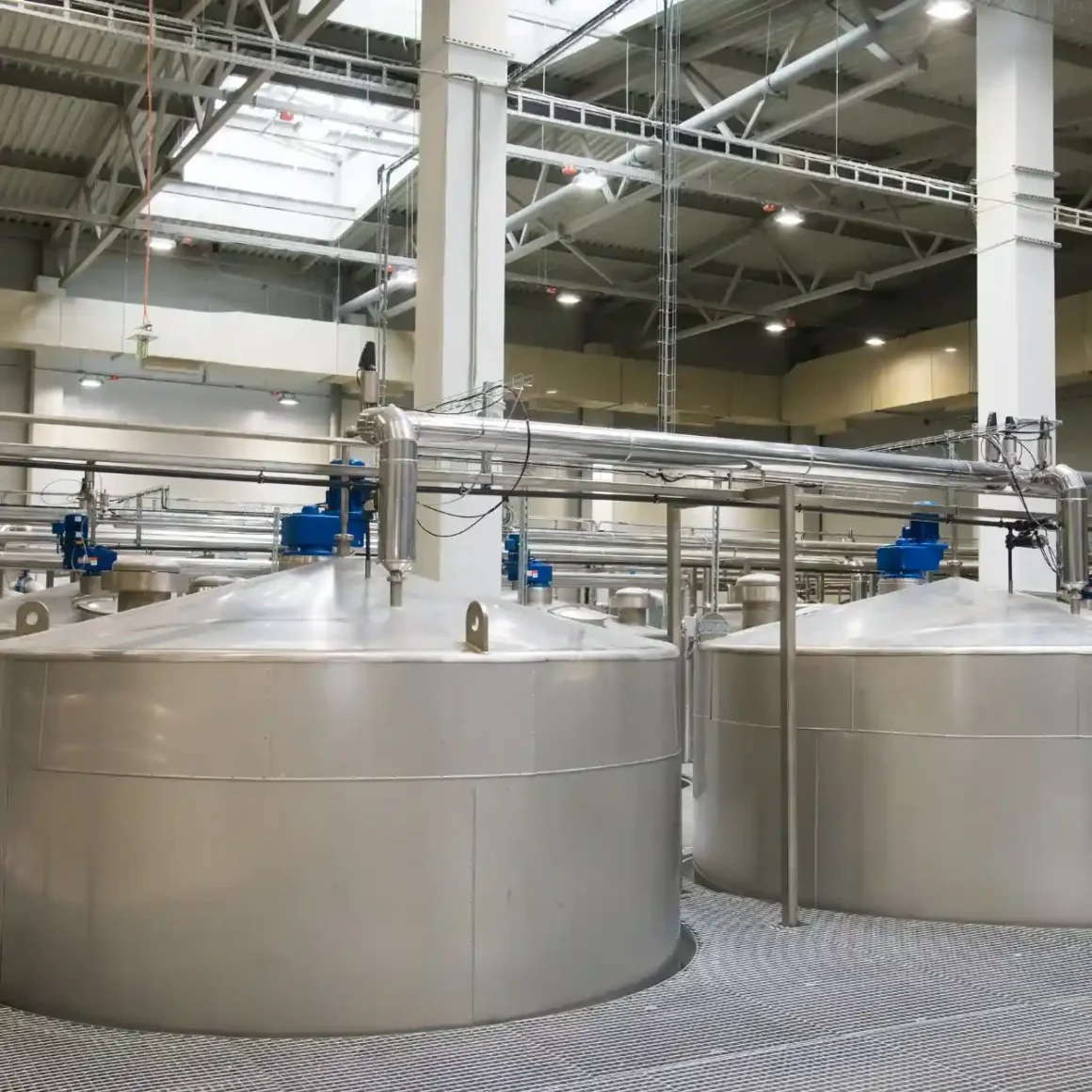
Decaffeinating coffee is an art and science in itself, but the Swiss Water Process has set itself apart for its unique blend of environmental consciousness and flavor preservation. In this segment, we’ll delve into the evolution of decaf processes, how the Swiss Water Method is an eco-friendly option, and why it stands out for flavor integrity.
The Evolution of Decaf Processes: From Chemicals to Swiss Water
The journey from chemical-based decaffeination methods to the Swiss Water Process is a fascinating tale of technological progress and commitment to quality.
- Chemical-Based Techniques: Earlier methods for decaffeinating coffee primarily involved the use of chemicals. The risks associated with chemical residues in your cup of coffee raised numerous health concerns.
- First Commercialization: In the 1980s, Swiss Water Decaf Coffee made its commercial entrance, although with room for improvement in terms of consistency and roasting ease.
- Modern Refinement: By 2007, the method evolved into a highly reliable process that maintains the original flavor of coffee, while removing almost all caffeine content.
The Swiss Water Process is an embodiment of how far decaffeination techniques have come, offering a near-perfect brew that is both safe and delicious.
Swiss Water: The Green Decaffeination Method

When it comes to eco-friendliness in decaffeination, Swiss Water leads the pack. Based now in Vancouver, Canada, this method is a hallmark of sustainable coffee preparation. (3)
- No Solvents: Unlike other methods, it doesn’t rely on solvents. The Green Coffee Extract (GCE) and activated charcoal do the magic.
- Reusable Resources: Post-decaffeination, the GCE is filtered and reactivated, reducing waste.
- Certifications: This environmentally conscious approach has earned the method both Kosher and Organic certifications.
So, not only does Swiss Water give you a quality cup of coffee, but it does so in a way that respects the planet.
Flavor Integrity: Why Swiss Water Stands Out
Flavor is paramount in the coffee world, and the Swiss Water Process ensures that your cup holds onto the coffee’s natural essence.
- GCE Method: The Green Coffee Extract (GCE) used in the process is water-saturated with coffee elements but free of caffeine. This makes sure that only the caffeine leaves the bean, not the flavor.
- Duration and Heat: Beans stay in the GCE for 8-10 hours, allowing for precise control over flavor retention.
- Recognized Quality: Retailers and customers alike, such as The Coffee Bean Shop, vouch for the quality of Swiss Water Decaf Coffee.
In essence, Swiss Water stands out because it sacrifices neither health nor taste, delivering a cup of coffee that is as close to perfection as decaffeinated coffee can get.
Health Benefits of Decaf Coffee
Decaf coffee has long been the subject of debate: Can it offer the same health benefits as its caffeinated counterpart? In a world increasingly conscious of health, many people are switching to decaffeinated options for a variety of reasons. This segment delves into the various health advantages of consuming decaf coffee, from reducing the risk of certain diseases to promoting cognitive function and body detoxification.
Reducing Caffeine Intake: Pros & Cons
While caffeine can provide a quick energy boost, reducing its intake via decaf coffee can have various health implications. Let’s examine the pros and cons.
Pros:
- Lower Risk of Type 2 Diabetes: Decaf coffee retains many of its healthy antioxidants and magnesium, which have been shown to reduce the likelihood of developing Type 2 diabetes.
- Pro: Reduced Anxiety: Without caffeine, decaf coffee can help lower stress and anxiety levels, providing a calming effect on the nervous system.
Cons:
- Less Immediate Energy Boost: One downside of decaf is the absence of that quick jolt of energy that regular coffee provides. This could make it less ideal for those who rely on caffeine to jumpstart their day.
- Lower Antioxidant Content: While decaf does contain antioxidants, the decaffeination process can reduce their quantity compared to regular coffee.
Whether the pros outweigh the cons largely depends on individual health needs and lifestyle choices. If you’re considering reducing your caffeine intake, the benefits of decaf coffee may be worth exploring.
Antioxidants in Decaf: Still a Healthy Brew?
A common question revolves around the presence of antioxidants in decaffeinated coffee. Can decaf still be a healthy brew?
- Presence of Antioxidants: Decaffeinated coffee boasts comparable quantities of antioxidants to its regular coffee counterpart. These predominantly comprise chlorogenic acid and various other polyphenols. (4)
- Combat Free Radicals: These antioxidants are efficient in neutralizing free radicals, which could otherwise cause oxidative stress and lead to various health problems.
- Additional Nutrients: Decaf is also rich in vitamin B-3 and magnesium, enhancing its health benefits further.
While the antioxidant content may be slightly less, decaf coffee is still a nutritious beverage worth incorporating into your diet.
Sleep Quality and Decaf Consumption
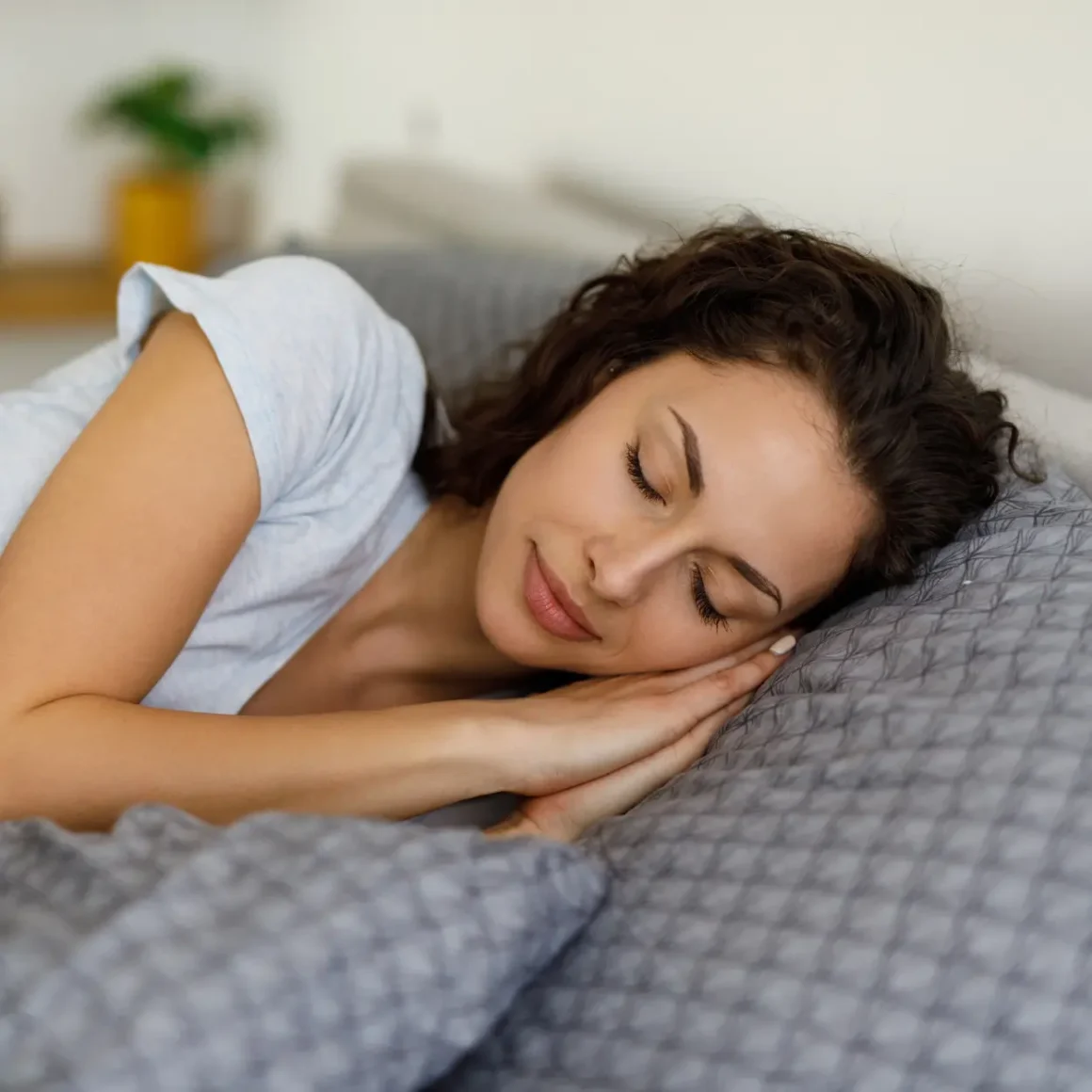
Sleep quality is another factor to consider when talking about the health benefits of decaf coffee. Can decaf help you get better sleep?
- Improved Sleep Patterns: Without caffeine to disturb your sleep cycle, you are more likely to experience deeper, more restorative sleep.
- Reduced Nighttime Anxiety: Since decaf lacks caffeine, it doesn’t have the same potential to exacerbate anxiety or stress, which can often interfere with sleep.
- Con: Less REM Sleep: One potential downside is that even decaf coffee may contain trace amounts of caffeine, which could interfere with the most restorative phase of sleep, known as REM sleep.
All in all, if a quality night’s sleep is a priority for you, then switching to decaf coffee could offer some tangible benefits.
Comparative Analysis: Swiss Water vs. Other Methods
Decaffeinating coffee is a delicate science with multiple approaches. While Swiss Water decaf coffee has gained a strong reputation for its environmentally friendly technique and flavor retention, it’s not the only method in the game. This section will provide a comparative analysis between Swiss Water and other prevalent decaffeination methods, helping you understand the nuances that each brings to your cup of joe.
Direct Solvent Process: How It Stacks Up
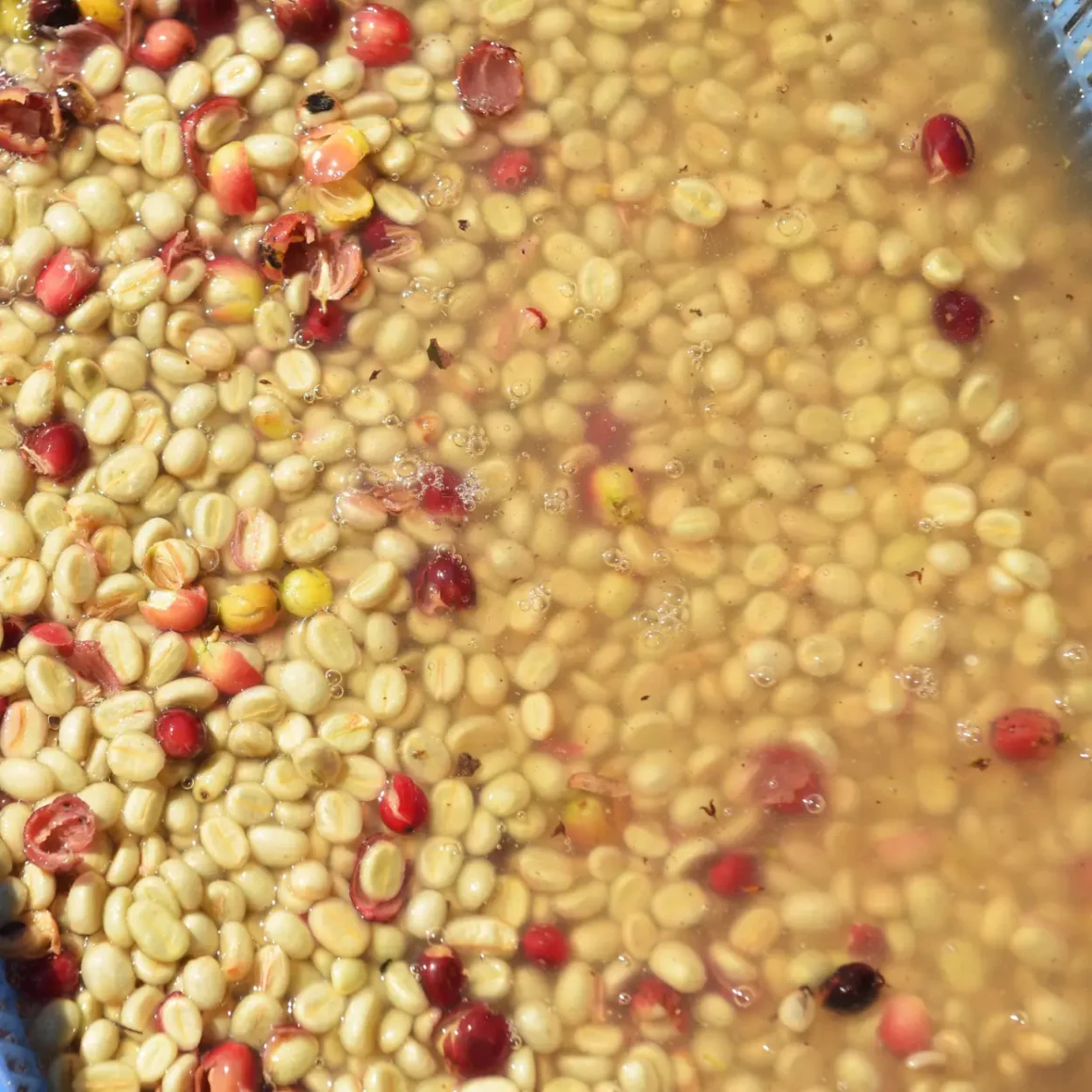
Direct solvent decaffeination, one of the older methods, involves treating coffee beans with a chemical solvent to remove caffeine. It’s known for its efficiency but has some drawbacks compared to Swiss Water.
- Speed: The direct solvent method is generally quicker than Swiss Water, which can be beneficial for large-scale operations.
- Cost: Using chemical solvents typically makes this method more cost-effective compared to Swiss Water.
- Chemical Residue: There’s always a concern about the leftover chemical residue, which may not appeal to consumers looking for a natural option.
- Flavor: Solvent methods often compromise the original flavor of the coffee bean, unlike Swiss Water which maintains most of the bean’s original taste.
In essence, while the direct solvent process might win in terms of speed and cost, it falls short when it comes to environmental considerations and flavor integrity, areas where Swiss Water shines.
CO2 Process: The Pressure-Point Technique
The Carbon Dioxide (CO2) process is another method that relies on pressurized carbon dioxide to extract caffeine. It is often considered more advanced than both Swiss Water and Direct Solvent methods.
- Environmental Impact: CO2 is a naturally occurring gas, making this method relatively eco-friendly, although not as green as Swiss Water.
- Flavor Retention: The CO2 process does a commendable job in retaining flavor but still isn’t quite as effective as Swiss Water.
- Cost: This is typically a more expensive method due to the equipment and technology involved.
- Efficiency: It’s highly efficient but still doesn’t achieve the 99.9% decaffeination that Swiss Water claims.
Overall, the CO2 process brings a high level of efficiency and environmental consciousness to the table but at a premium price point, making Swiss Water still a competitive choice for many consumers.
Mountain Water vs. Swiss Water: The Battle of Waters
Mountain Water is a lesser-known, but increasingly popular, method of decaffeination that is often compared to Swiss Water due to its similar name and approach.
- Methodology: Both use water-based processes to decaffeinate coffee beans, making them relatively natural choices.
- Flavor: While Swiss Water has a long-standing reputation for flavor retention, Mountain Water is also gaining traction for preserving the bean’s original taste.
- Certifications: Swiss Water has Kosher and Organic certifications, whereas Mountain Water is not as widely certified.
- Geography: Mountain Water is generally more localized and not as globally recognized as Swiss Water.
In the battle of waters, both Swiss and Mountain Water offer compelling advantages, especially in terms of flavor and natural decaffeination. However, Swiss Water edges out with its broader recognition and multiple certifications.
Taste Experience: Brewing the Perfect Swiss Water Decaf Cup
The act of brewing coffee is almost an art form, one that Swiss Water decaf coffee elevates with its unique flavor profile and quality. While you might think that decaffeination diminishes the coffee experience, the opposite is true for Swiss Water. By paying attention to the grind, water temperature, and brewing method, you can extract the quintessential flavors locked within these special beans. Here’s how to create the ultimate cup of decaffeinated goodness.
The Grind: Coarse vs. Fine for Decaf
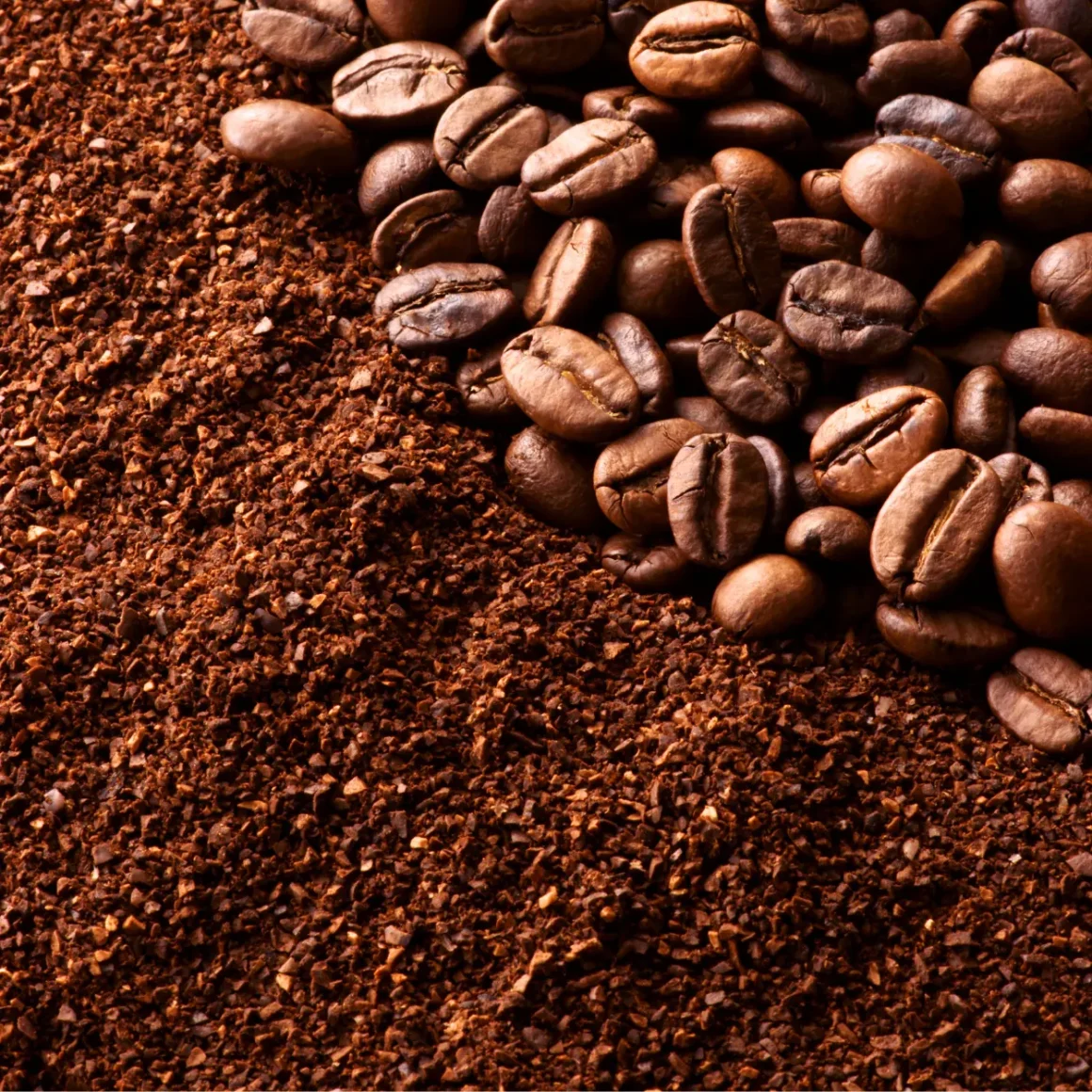
The grind of your coffee beans can drastically alter the flavor profile of your brew. This holds especially true for decaf, which is often more sensitive to extraction than its caffeinated counterpart.
- Coarse Grind: Ideal for methods like French Press or Cold Brew, a coarse grind is less likely to produce a bitter cup. It allows for a fuller-bodied and robust flavor.
- Fine Grind: Usually used in espresso machines, a fine grind can bring out nuanced flavors but runs the risk of over-extraction, making the coffee bitter.
- Medium Grind: A balanced choice for daily use in drip machines, a medium grind offers a balanced flavor, falling somewhere between coarse and fine.
The grind you choose plays a crucial role in influencing the flavor outcomes; experiment to find the texture that most appeals to your taste buds.
Optimal Water Temperatures: Seeking the Balance
The temperature of the water you use for brewing is another critical factor. Too hot, and you risk scalding the beans; too cool, and you’ll under-extract them.
- Hot but not Boiling: Water temperatures between 195°F and 205°F are optimal for extracting the full range of flavors without burning the beans.
- Consistency: Maintain a stable water temperature throughout the brewing process for a uniform flavor extraction.
- Quality: Consider using filtered water, as the quality can also affect the final cup.
Finding the sweet spot in water temperature can make or break your coffee experience, so take the time to get it right.
Brew Methods: From French Press to Pour Over
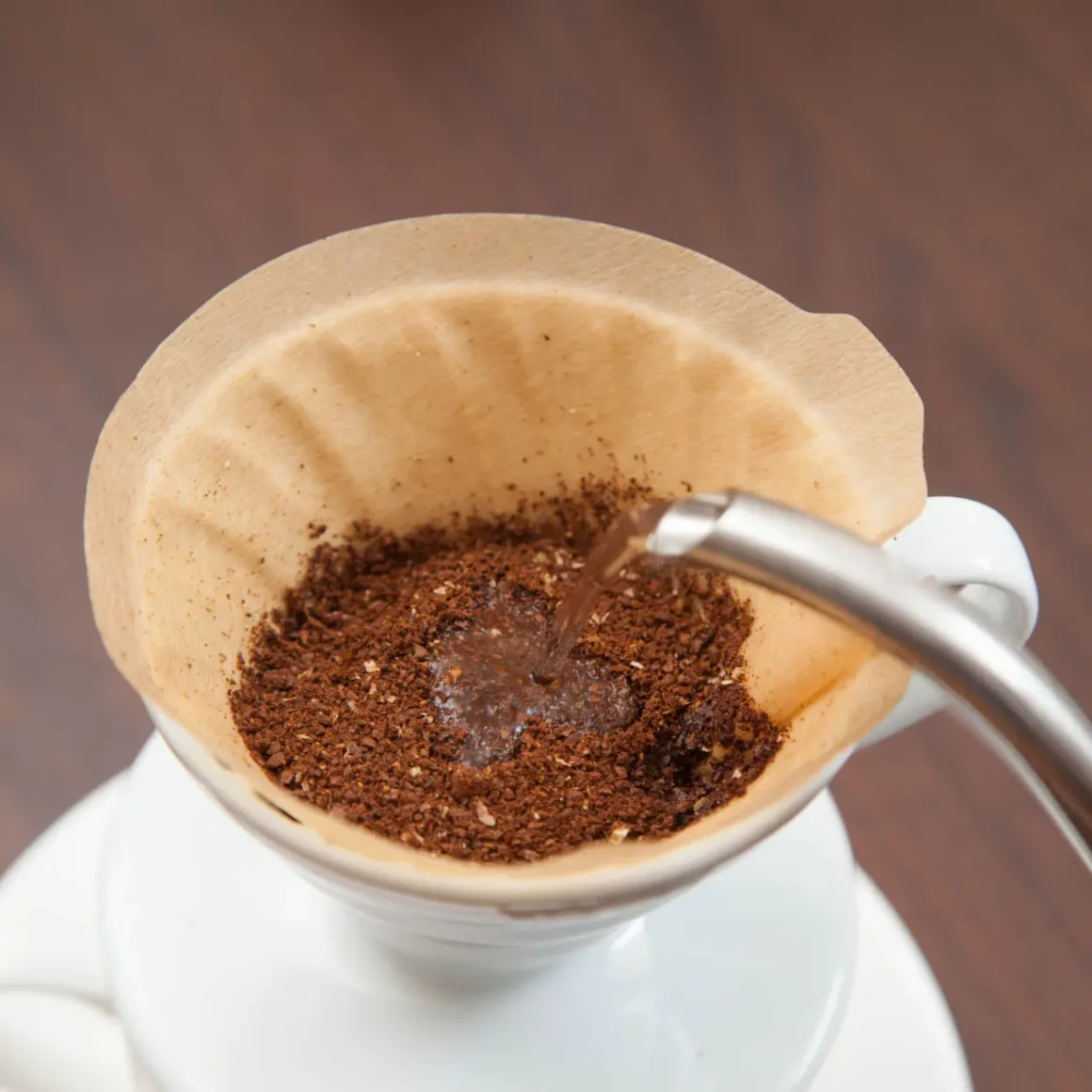
The method you use for brewing can significantly impact the final cup. Here, we explore some popular ways to brew Swiss Water decaf coffee.
- French Press: This method, particularly well-suited for coarse grinds, creates a rich and robust cup, allowing for full immersion of the coffee grounds.
- Pour Over: Ideal for those who seek control over every aspect of the brewing process. It’s excellent for medium to fine grinds and results in a cleaner cup compared to the French Press.
- Espresso: If you’re using a fine grind, the espresso method can yield a concentrated, flavor-packed shot. However, it requires a high level of skill and the right equipment.
Whether you prefer the simplicity of a French Press or the intricacies of a Pour Over, the brewing method can significantly shape your Swiss Water decaf coffee experience. Choose the one that aligns with your taste preferences for the best results.
Ethical & Environmental Impacts
As consumers become increasingly conscientious about the products they consume, it’s essential to consider the ethical and environmental implications of our choices. This is particularly relevant in the coffee industry, where production methods can vary significantly in their eco-footprint and labor practices. In this section, we delve into the ethical and environmental aspects of Swiss Water decaffeination, fair trade considerations, and waste reduction in the decaf coffee lifecycle.
The Eco-footprint of Swiss Water Decaffeination
Understanding the environmental impact of the Swiss Water decaffeination process is crucial for the eco-conscious consumer. As a method that avoids chemical solvents, it already offers a greener alternative. But what is its complete eco-footprint?
- Chemical-Free Process: Swiss Water decaffeination avoids the use of synthetic chemicals, reducing the environmental pollution linked to their production and disposal.
- Reusable GCE (Green Coffee Extract): The Green Coffee Extract used in the Swiss Water process is continually purified and reused, minimizing waste and resource usage.
- Energy Consumption: While the method is greener, it’s worth noting that it does require energy for the continuous monitoring of GCE and other aspects. However, companies using this method often offset their energy use through renewable sources.
In sum, the Swiss Water process stands as a more environmentally friendly decaffeination method, although it is crucial for consumers to consider the energy aspects in its overall eco-footprint.
Fair Trade & Sustainable Sourcing in Decaf
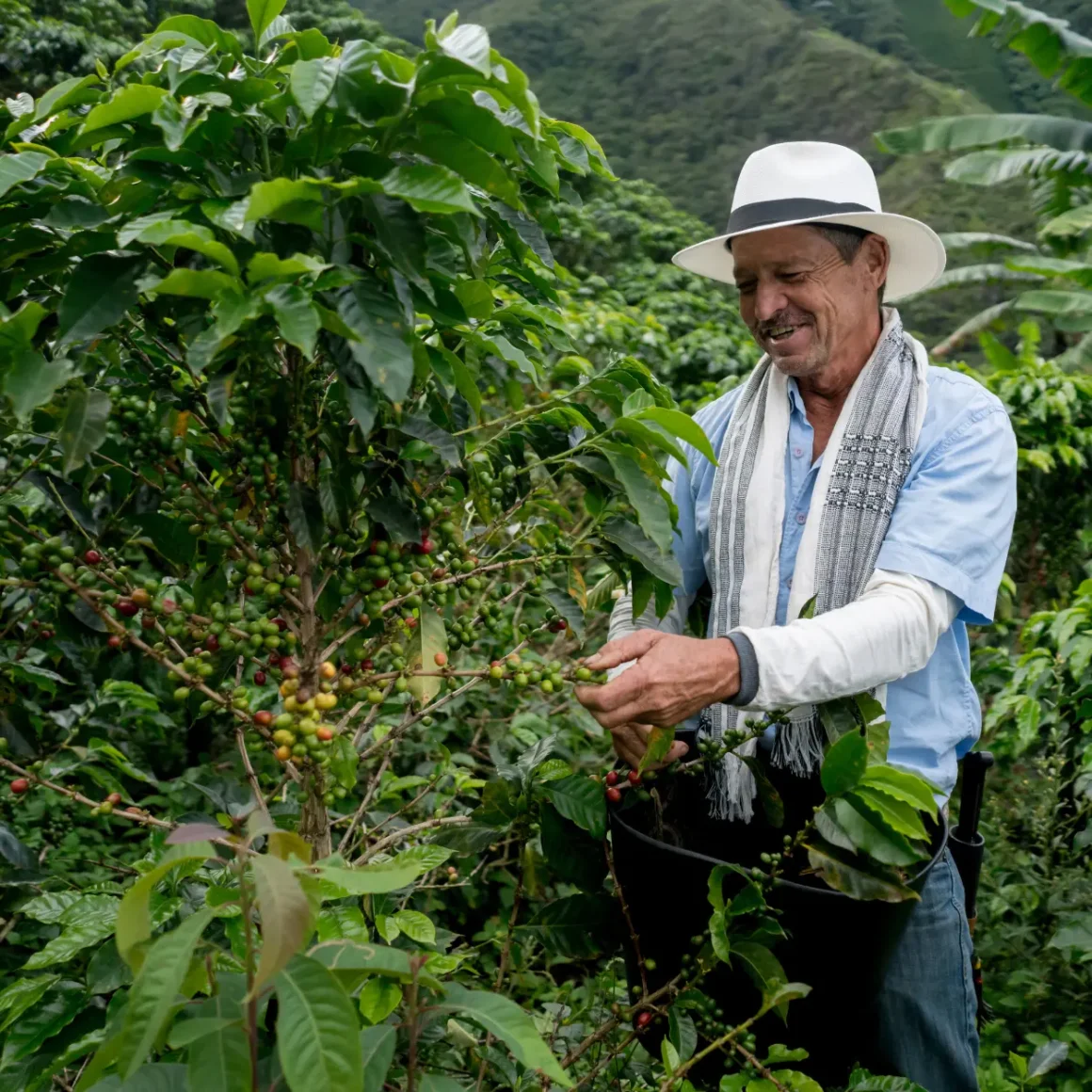
When it comes to decaffeinated coffee, ethical sourcing practices like fair trade certifications offer a valuable approach to ensure that farmers receive equitable compensation.
- Fair Trade Certified: Look for the Fair Trade logo when purchasing decaf coffee, as this ensures ethical practices are involved in its production.
- Direct Relationships: Some brands cultivate direct partnerships with farmers, ensuring fair pay and ethical treatment, even without formal certification.
- Community Investments: Ethically sourced coffees often contribute to social initiatives in coffee-growing regions, like schools or healthcare facilities.
Ultimately, choosing decaf coffee that aligns with fair trade and sustainable sourcing not only assures quality but also supports the well-being of the coffee-farming communities.
Reducing Waste: The Lifecycle of a Decaf Bean
From harvest to cup, the lifecycle of a decaf coffee bean presents multiple opportunities for reducing waste and promoting sustainability.
- Byproduct Utilization: Some companies make use of the byproducts of coffee production, such as turning coffee husks into biofuel or using them in compost.
- Recyclable Packaging: Brands increasingly opt for sustainable packaging options like compostable bags or reusable tins to lessen landfill waste.
- Circular Economy Concepts: The Swiss Water process itself promotes a form of circular economy by reusing GCE, thus reducing waste generated in the decaffeination process.
By taking into account the entire lifecycle of a decaf coffee bean, consumers can make more informed choices that align with their ethical and environmental values.
Conclusion
In a world increasingly focused on well-being and sustainability, Swiss Water decaf coffee emerges as a compelling option for the coffee aficionado who seeks to limit caffeine without sacrificing quality or ethical considerations. As we’ve explored, this method of decaffeination has come a long way since its inception in Switzerland, offering a chemical-free, eco-friendly alternative. The unique combination of Green Coffee Extract and activated charcoal filtration not only minimizes waste but also ensures that coffee beans retain most of their original flavor.
On the health front, the antioxidants and polyphenols found in decaf coffee, including Swiss Water decaf, bring benefits that go beyond a mere reduction in caffeine. These include lower risks of Type 2 diabetes and cognitive improvements. Ethically, it paves the way for more conscious consumption, offering avenues for fair trade and reducing environmental footprints.
The process also opens doors for individual creativity in brewing, whether you’re grinding coarse for a French press or seeking the optimal water temperature for a balanced cup. No longer do you have to compromise flavor or ethical values in your quest for a caffeine-free brew. In the realm of decaffeinated coffee, Swiss Water decaf coffee represents not just a choice but a commitment to quality, health, and responsibility.
FAQ
What makes Swiss Water decaf different from regular decaf?
Swiss Water decaf stands out for its chemical-free decaffeination process, which not only preserves the coffee's flavor but also makes it a healthier option compared to chemically processed decafs.
Is Swiss Water decaf coffee healthier than other decaf types?
Yes, Swiss Water decaf coffee is considered healthier because it avoids the use of chemical solvents in the decaffeination process, and retains beneficial antioxidants and polyphenols.
How to brew the perfect cup of Swiss Water decaf?
The perfect cup of Swiss Water decaf can be achieved by using a coarser grind for methods like the French press or a finer grind for pour-over while maintaining an optimal water temperature between 195°F to 205°F.
Are there any environmental concerns with the Swiss Water process?
Swiss Water Decaffeination is committed to sustainability, utilizing reusable Green Coffee Extract and minimizing waste, thus mitigating its environmental impact.
